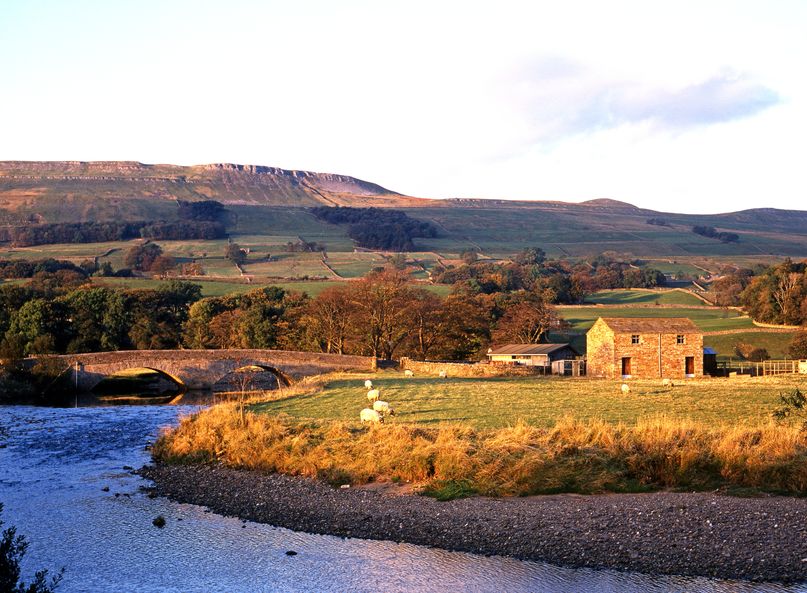
The farming and rural community in Wales have expressed concern at the forthcoming government consultation on potential Nitrate Vulnerable Zones (NVZ) in Wales.
NFU Cymru will use Pembrokeshire Show to highlight the impact that potential Nitrate Vulnerable Zones proposals will have on farm businesses and the wider rural community.
The onsultation on NVZs in Wales is now expected in September, which will cause major concern to a number of farmers in the proposed designation areas.
In line with the EU Nitrates Directive, Member States are required to undertake a review to assess and designate areas as NVZs every four years.
The Welsh Government consultation is expected to put forward proposals for a number of new designations, including a significant designation in Pembrokeshire.
'Affect significant number of farmers'
NFU Cymru Pembrokeshire County Chairman, Walter Simon, said in the context of the EU Referendum result, Welsh Government’s plans to go ahead with the consultation on new NVZ designations "will come as a surprise to many farmers."
"We expect proposals to affect a significant number of farmers within the county, including an estimated 25% of the Welsh dairy herd and 50% of total potato production in Wales," Mr Simon said.
"The EU Nitrates Directive is an overly prescriptive and inflexible piece of legislation.
"The Action Programme requirements reduce farmers’ scope to make decisions based on their own knowledge of their land and prevailing weather conditions.
'High costs to agriculture'
"The EU Directive also imposes high costs to agriculture and we will be using the opportunity to emphasise to policymakers the important contribution that farming makes to the vitality of rural areas.
"The number of rural businesses supported by farmers exhibiting here at Pembrokeshire Show this week bears testament to this."
Mr Simon said that given the "major impact and changes" to farming practices that are required through the NVZ Action Programme, farmers in Pembrokeshire will be "rightly concerned" and staff will be on hand at the show to discuss the issue with farmers.
"NFU Cymru is very much opposed to the proposed designations and, in the context of the EU Referendum, we believe there is an opportunity for the industry to work with government on the development of a voluntary approach that will deliver better outcomes for farming and the environment," Mr Simon concluded.
